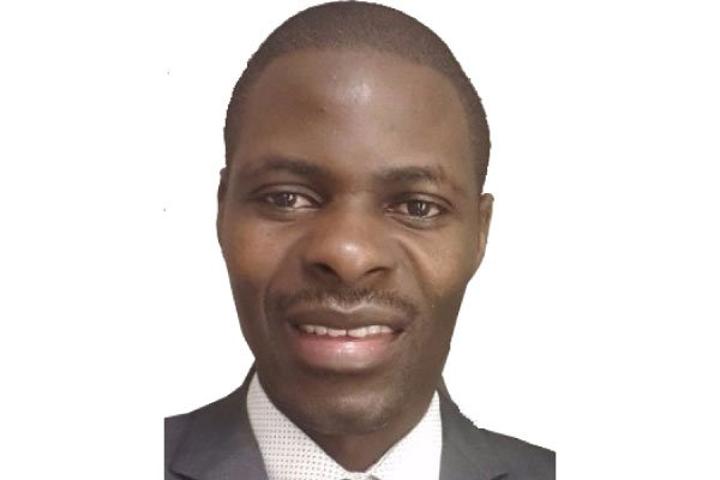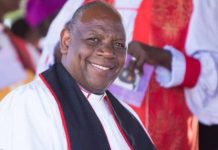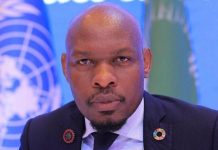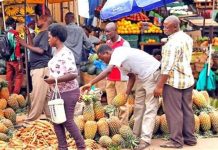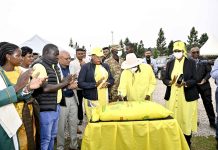Africa-Press – Uganda. In mid-2000s, I was involved in a research trip to northern Uganda, specifically in the broader district of Gulu before it was parcelled out. The LRA insurgency was only receding, but not yet over.
There was both hope and trepidation. Gulu Town had evident war scars and visible signs of resilience, resistance and fortitude.
The pangs of war had taken a toll but the people of Gulu, the sons and daughters of Acholi, remained determined to defeat the scourge and forge a new path, to turn the corner and muster the fuel for the future.
This was my first time to cross the Karuma bridge. I felt embarrassed. I had heard and read about the war tragedy in the north of my country, but never really saw or listened to the devastation from close quarters, from survivors of abduction and cross-fire. With this trip, I did. I was bitter with myself. I was outraged.
Our compatriots up north had suffered indescribable torture and trauma for almost two decades, yet the majority of us, Bantu Ugandans outside the north, remained indifferent and ignorant to the indignity, death and utter humiliation that our fellow Ugandans were facing every day.
That was Acholi and Lango, condemned to choose between the squalor conditions of camp life and abduction by Joseph Kony’s rebels. There was Teso too, and Karamoja.
Then the ADF in the Rwenzori Sub-region. I was a little boy at Sir Tito Winyi Secondary School in Hoima when the ADF set ablaze students of Kichwamba Technical Institute, Fort Portal. We were more than 100 miles away, but we feared we could face the same fate. I had a close relative at Kichwamba. He was a survivour of that day of infamy.
More recently in 2016, the national army turned on citizens in Kasase at the palace of the Rwenzururu king. It was a staggering bloodbath. Five years later, we have no idea exactly how many people were killed, what, why and who should be held accountable. What is more, over the years, Opposition activists and leaders have been subjected to unwarranted humiliation, to brutal arrests, torture and death.
We have had gory details and chilling stories of inhumane treatment and despicable assault against supposed suspects, done by operatives of the Internal Security Organisation, the Chieftaincy of Military Intelligence and the Uganda Police’s Flying Squad.
In the early 2000s, in the name of fighting violent and organised urban crime and terrorism, we had countless extrajudicial killings and blatant violations of people’s freedoms.
In all these series and rounds of heinous acts and abuse of coercive power by State agents and security agencies, we have never had a truly national uproar and indignation, a collective expression of disapproval at the conduct of the NRM government under the leadership of Mr Museveni.
Today, we have reports of an extraordinary and somewhat unprecedented spate of alleged kidnaps, en-mass arrests and egregious violations of human rights in the wake of last month’s sham election.
Young men have disappeared from their loved ones in droves apparently taken by ‘drones’. We have seen devastating images and heard heart-wrenching stories of torture. Some Ugandans are understandably riled and livid, as they sure should.
Unfortunately, the current wave of abuse by State actors and operatives of the regime is only, but the latest in a long trail of impunity only that it has hit directly at the centre of the country where many previously supported Mr Museveni or were indifferent to the excesses of his regime elsewhere in the country or against his opponents.
We are a morally emaciated country. There is a huge moral reckoning that is beckoning at us all as Ugandans. Silence is no longer an option and indifference is morally unacceptable. We must condemn evil whether it is done in Karamoja or Kasese, on Musinguzi or Mukasa.
Too often, spiritual, intellectual and political leaders have shacked the moral responsibility to speak truth to power, to denounce the excesses of the rulers and to demand justice, and insist on a better country. This cannot go on forever.
We either have a country that stands for some values and ideals, one in which we are willing to speak for the common good and co-existence, or we forget about the Uganda project.
This is the moral challenge of our times. We have to rise to the occasion and drive the agenda for the Uganda we want. This has to start with standing up against brutality and the blatant maiming of citizens.
Mr Khisa is assistant professor at North Carolina State University (USA)[email protected]

